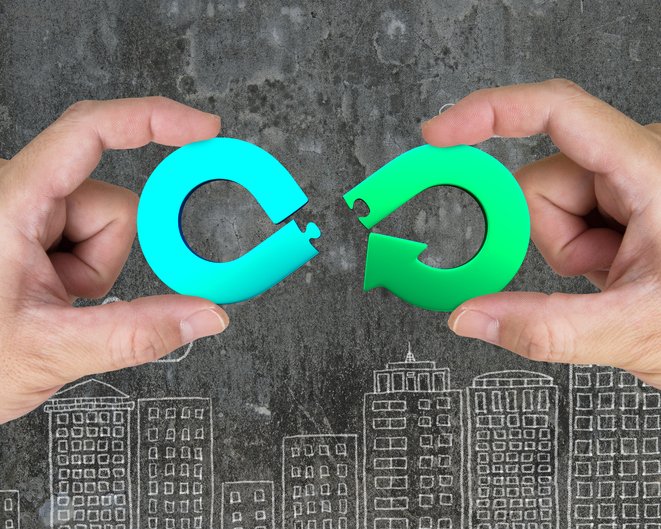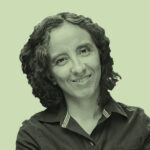The circular economy is a direct response to mitigate the environmental impact of the linear consumption system.
Our next webinar will address two topics of great relevance: circular economy and active learning as a teaching resource to train students. The event will occur online on our Facebook page on November 23 at 16:00 (Mexico City time).
Here, I share the basic concepts addressed in the next webinar to prepare for this talk. In previous articles, we wrote about active learning, a didactic strategy that focuses on the students’ educational experience and encourages their active and conscious participation in the learning process. It is designed to facilitate understanding the content to be covered in class. In this context, learning is not a passive response to the instruction imparted by the teacher but a student’s journey of epistemic and cognitive discovery.
This didactic strategy is distinguished by focusing on student learning and encouraging active and conscious participation in the educational process. Understanding the material to be covered is crucial for the execution of active learning, designed to manage the didactic experience as a journey that begins within the student and is not just a response to what the teacher suggests.
On the other hand, the circular economy is a new model of production and consumption that seeks to guarantee long-term sustainable growth. It is a response to the linear economy model, which manages consumption by a production-use-disposal process. The circular economy translates into reducing, reusing, and recycling, trying to make the most of resources by transforming them and reducing the waste generated by our consumption and the mass production that supports it. How do active learning and the circular economy converge to educate about a sustainable future? This and other questions will be answered by a panel of three speakers composed of Gabriela Ortiz, Kathryn Youngblood, and Jenna Jambeck.
Gabriela is a Chemical Engineering graduate from Tecnologico de Monterrey (Tec). She also obtained a Master of Science with a specialty in Environmental Engineering and emphasis in Chemical Engineering. She has 26 years of experience in Environmental Management. She has collaborated in designing regulatory instruments for Air Quality, Hazardous Waste Management, and Evaluation of Environmental Liabilities in conjunction with the Ministry of the Environment and Natural Resources (SEMARTNAT by its Spanish acronym).
Kathryn Youngblood is Director of Citizen Science at Marine Dervis Tracker. She holds a degree in Research Engineering from the University of Georgia’s (UGA) New Materials Institute. She is also recognized for her extensive work studying root solutions for ocean plastic pollution. Her experience extends to fieldwork, having participated in 2019 in a National Geographic Sea To Source expedition, toured the Ganges River using Debris Tracker to study plastic waste leakage in ten communities along the river.
Also, from the University of Georgia, Dr. Jenna Jambeck will accompany us. She is an associate professor in the Faculty of Engineering and Management at the Center for Circular Materials Management in the New Materials Institute. For more than 20 years, Dr. Jambeck has been a research author on solid waste issues and has worked on related marine debris projects. Her impressive resume includes public environmental, diplomatic direction as an international informational speaker for the U.S. Department of State. She has won awards for her teaching and research at the Faculty of Engineering, including the Creative Research Medal from the UGA.
To know more about her long career and what will be discussed in this next webinar, visit the event page. Do not miss it, Tuesday, November 23 at 16:00 (Mexico City time).
Translation by Daniel Wetta
This article from Observatory of the Institute for the Future of Education may be shared under the terms of the license CC BY-NC-SA 4.0 
)
)


)